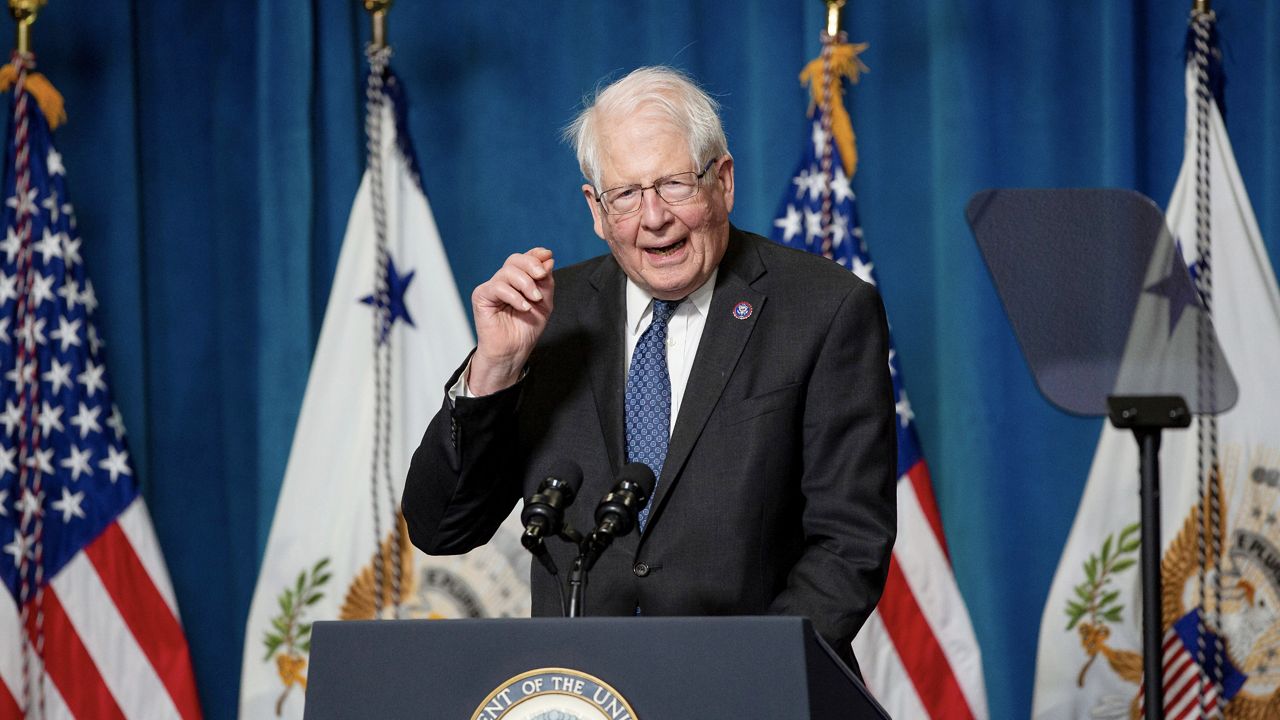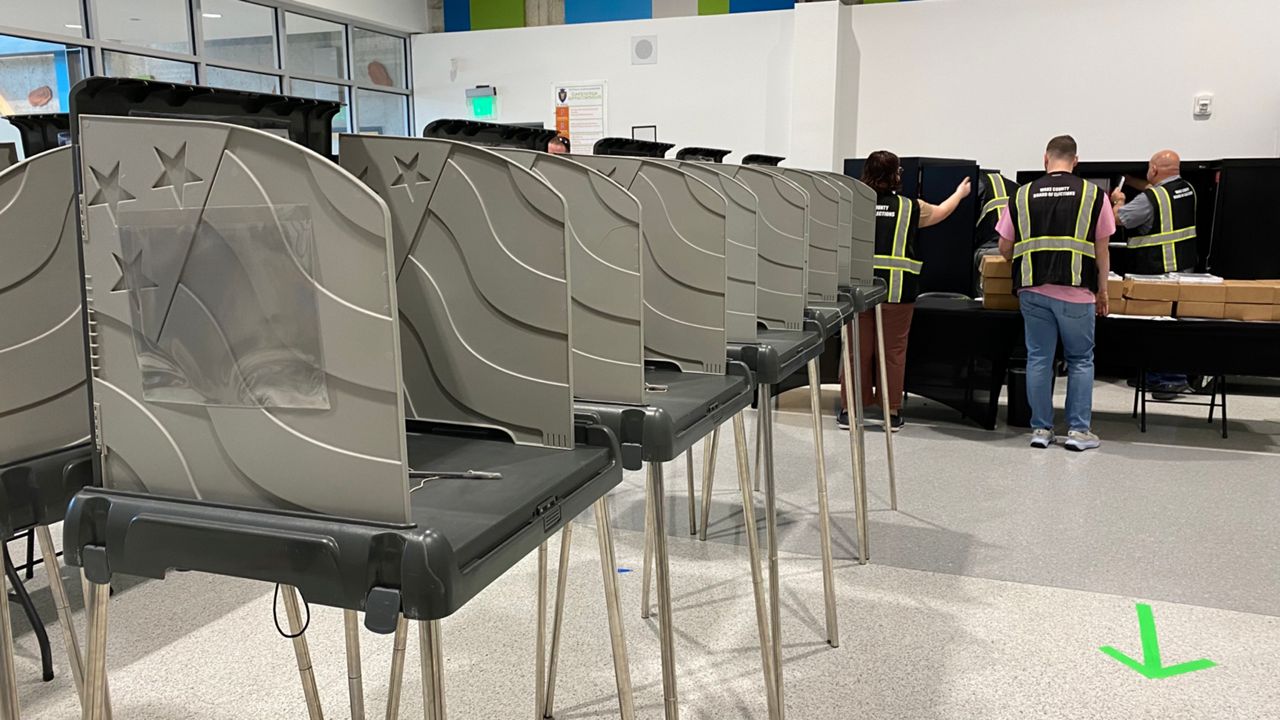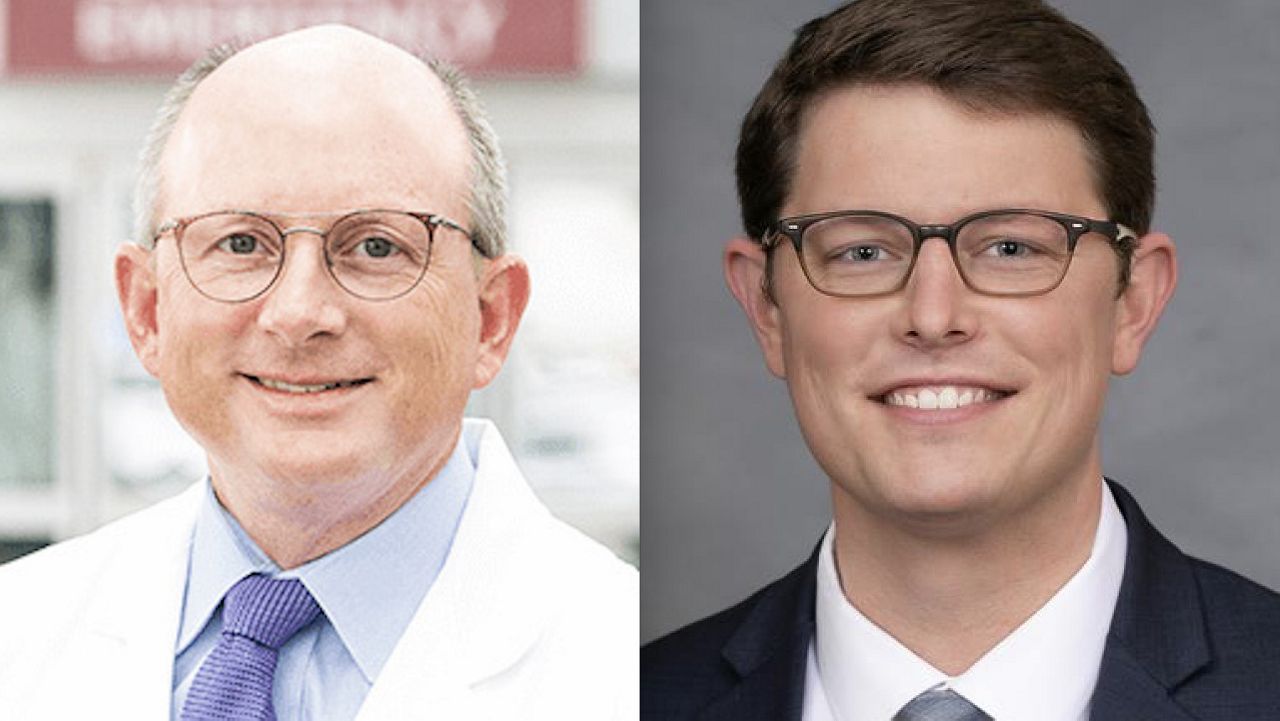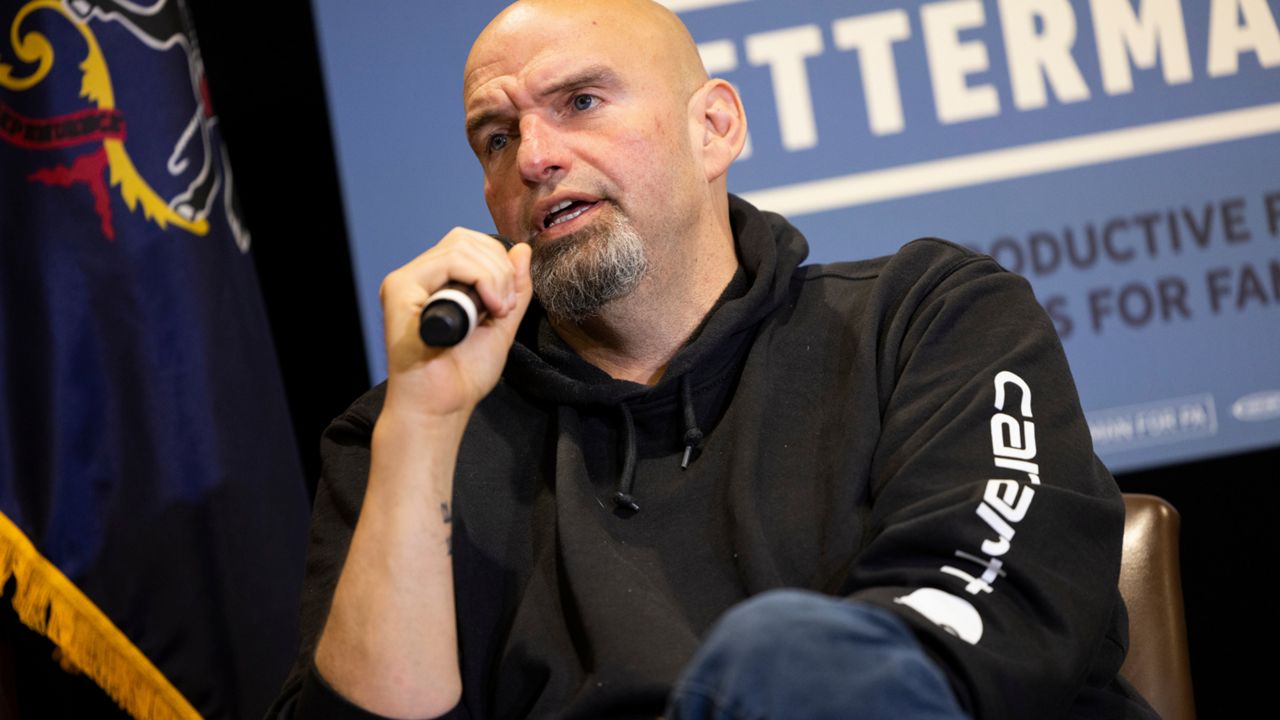It’s hard to imagine North Carolina’s congressional delegation without David Price. He was first elected in 1987 and has served as the 4th Congressional District’s representative to the U.S. House for 33 of the last 35 years.
Price, a Democrat from Chapel Hill, is retiring after this year. After the latest round of political and legal fights over redistricting, the 4th Congressional District looks a lot differently for the 2022 elections. It still includes Durham, Orange and Granville counties, but now also has Person, Alamance and a small piece of Caswell County.
“The statistics do suggest that it would tilt Democratic, but I don’t think anybody should take anything for granted,” Price said in an interview with Spectrum News 1 Monday.
Eight Democrats and two Republicans are competing for their party’s nominations for the open seat in the House.
Price said he does not plan to endorse a candidate for the May 17 Democratic primaries. But, he said, “I will endorse strongly the winner of the primary as they take on the other side.”
The Democratic ballot includes some familiar names, including former American Idol star Clay Aiken, Orange County State Sen. Valarie Foushie and Durham County Commissioner Nida Allam. The crowded Democratic field also includes Ashley Ward and Crystal Cavalier of Mebane, Stephen Valentine and Richard Watkins of Durham, and Matt Grooms from Butner.
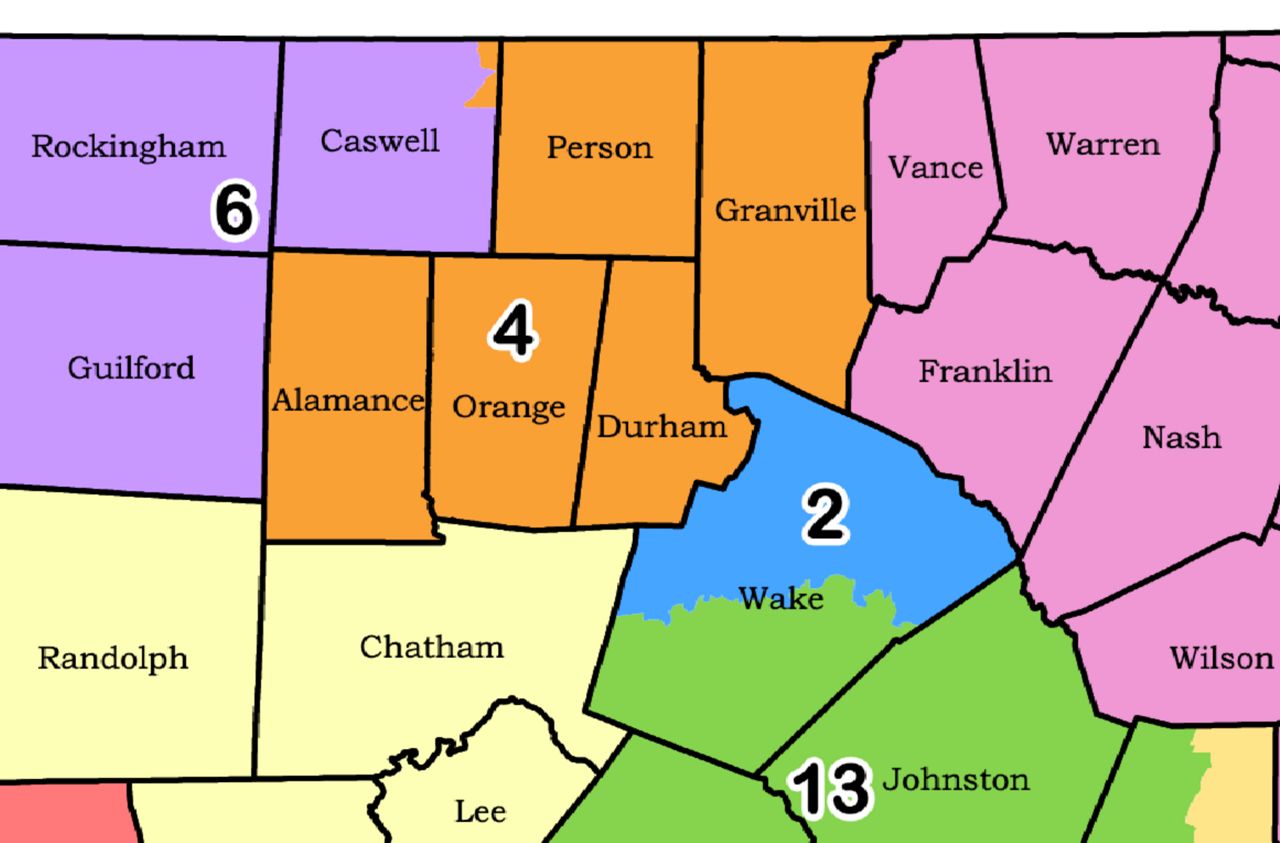
Two candidates from Durham, Courtney Geels and Robert Thomas, are running for the Republican nomination.
When asked about advice for candidates in this year’s election, Price said it’s important to connect with the people on the front lines for the Democrats, those active party members who are “in the trenches.”
But also, he said, candidates should “tap into broader community leadership, people who represent independent voters and Republican voters.”
“Even in a primary, you shouldn’t be too restrictive or too narrow in those you reach out to,” the congressman said. And candidates will need to use a combination of grassroots organizing to win the General Election along with raising money for things like radio and television advertising.
“These are still communities, these communities that we’re talking about are communities where grassroots politics is expected and where it pays off,” Price said.
“Congressional districts are pretty big now, given the country’s growth, about 750- to 800,000 people in most congressional districts. That’s a lot of people to have a close personal relationship with.”
Price has always taken the role of “representative” in the U.S. House of Representatives seriously.
“If you think about it, your member of congress, your member of the House is still probably, for most people, the closest tie they have, the closest personal tie they have to the federal government,” he said. “We need to be in those communities, we need to walk those streets, and just don’t give up on grassroots politics and think that you can just do this on Twitter.”
Price still has the better part of a year in the U.S. House, and there’s a lot left he wants to get done.
“There is so much in our world and in our country that needs attention,” he said. Between now and the end of the year, Price said, he will be focused on issues of affordable housing and transit, particularly on high speed rail and more train service for the Triangle.
“Affordable housing is at a near crisis point in the Triangle and across the country,” Price said. “It’s right up there with health care and education. It should be up there as a policy: affordable decent housing for all Americans.”
As a member of the House Appropriations Committee and chair of the Transportation, Housing and Urban Development Appropriations Subcommittee, Price said he is also working hard on more rail options for North Carolina.
“We need transit in the Triangle, and we need a creative and cooperative effort from our local governments to go after funding for transit and not just choke in our own fumes and add more lanes to I-40,” he said.
Price has long been a champion of high speed rail.
“I’ve made it a special project of mine to complete intercity rail service, to have it as a viable alternative for Charlotte to Washington D.C.,” he said. “The next link in that is Raleigh to Richmond.”
But beyond North Carolina, Price chairs the House Democracy Partnership, which is a bipartisan commission working with legislators in emerging democracies.
“We’ve worked with the parliament in Ukraine for many years now and we’re in touch with those folks now,” Price said. “We have a lot of work to do as champions of small-D democracy and parliamentary democracy.”
He said there are “many situations where democracies hang in the balance, and I also think that remains true for our own country.”
“I want to get that work in as strong a position as I possibly can in this remaining year,” Price said.
“There is so much in our world and in our country that needs attention, and at this particular point we’re trying to manage this awful unprovoked brutal invasion of Ukraine,” he said. “That can’t overshadow all these other challenges.”
“Many international challenges aren’t going to wait. The decline of democracy in Tunisia isn’t going to wait. The festering of the Isreali-Palestinian conflict isn’t going to wait. The military junta in Burma isn’t going to wait,” Price said.
He said he doesn’t expect to solve these crises, “but I do expect to stay engaged and hope that my constituents will stay engaged as well.”
“We’re not going to have any victory laps here,” he said.
Price, 81, said he is looking forward to getting to spend more time with his family and at home in Chapel Hill.
Before being elected to Congress, Price taught political science and public policy at Duke University. He said he will likely do some teaching again after he retires.
“I came out of a teaching career and will probably in some way go back to that,” he said. “I will spend some time in the classroom, I will do some writing.”
But before the 117th Congress adjourns on Jan. 3, Price said he still has a lot of work to do.




